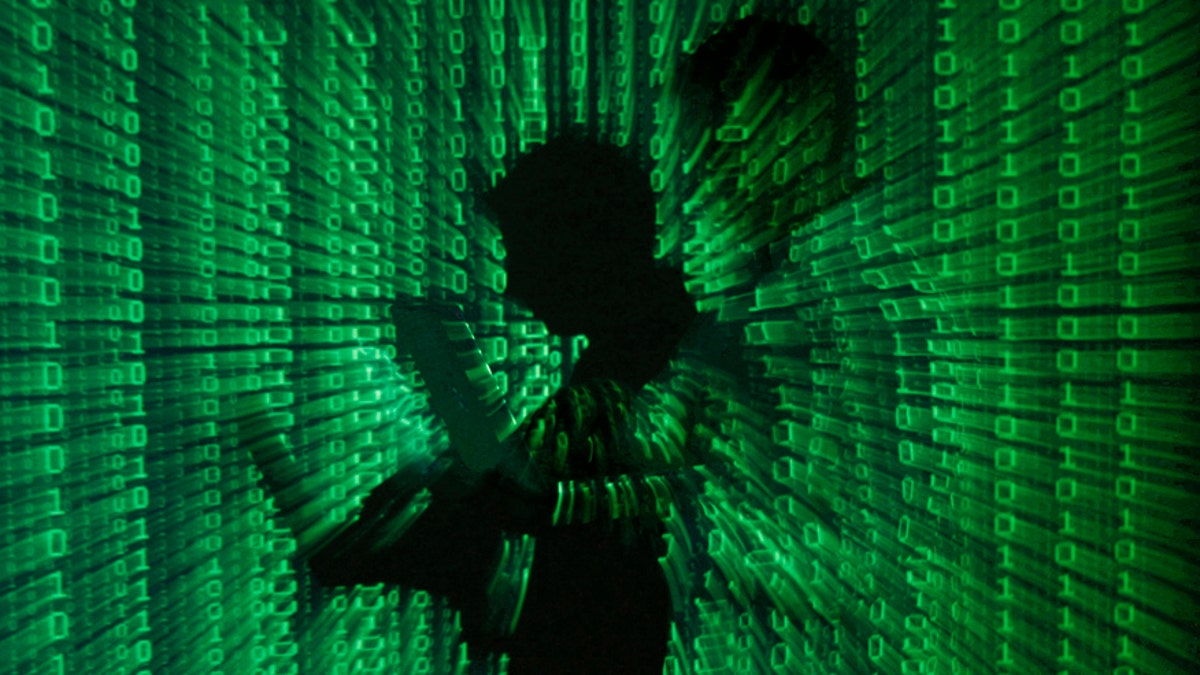
Illustration picture. (REUTERS/Kacper Pempel)
The definition of “work” is starting to change.
I realized this the other day when I stopped at a Starbucks for breakfast. I connected to Google Fiber and my laptop connection purred along at 100Mbps. I connected my tablet and my phone as well, then ran speed tests on all three devices. No problems. Amazing! I felt a burst of energy because of the higher speeds. The connection was consistent and robust.
Then I realized it was 8 p.m. at night. I had worked all day. I missed dinner. I had completely lost track of time (I also had way too much coffee and coffee cake). I decided right then that I need to solve this problem. I need to find a way to manage my “work” and not just my time.
I’m a big fan of technology. However, I also blame technology for the problem.
Related: 10 best 3D Touch apps for the iPhone 6s
The Internet is now running smoother and faster than ever. Our gadgets last all day -- the recent iPhone 6s even has a “low battery mode” to squeak out more juice. Wi-Fi is so prevalent that it’s hard to find a business that does not offer free access (Even my local car-wash has it).
What does this mean for our normal work routine? We’re evolving digitally. We wake up in the morning and check email. In the office, we take out our phones and pretend to listen to other people talk (there’s even a new term for that -- it’s called “phubbing”). In the evening, we tap into our email and check social media accounts. Instead of working during a set time period -- say from 9-5 and Monday-Friday -- we work all day long and on weekends.
We used to define “work” as a time period and a place. We said “I’m going to work” and meant we were going to the office. Now, all of the free high-speed access and gadgets are making us work even more, but we’re not creating a new definition of work. We’re now working constantly.
Related: iPhone 6s Plus vs. Galaxy Note 5: Real world performance test (it's not even close)
The great benefits of technology have led to a serious downside.
I spoke with Sherry Turkle recently about this problem. She’s an MIT professor and just wrote a book called Reclaiming Conversations, which talks about our tech obsessions. In an office environment, she says we have fooled ourselves into thinking we can multitask. In scientific terms, she says, that’s impossible. We can really only focus on one thing at time.
My solution, after working 15 years as a reporter, is to get more specific about my tasks. It’s a major (but critical) change. I have to fend off the wolves of distraction and resist the temptation to work all day. I can’t define my work in terms of the time period or the place anymore.
Ironically, I’ve been keeping track of a task list since 2001. I have about 6,500 of them. Up until about a year ago, I used the contact management app Plaxo (which lets you track tasks). However, those tasks were all generic. They were more like projects. I didn’t keep track of my expenses, invoicing, meetings, conferences, writing, or interviews.
That’s about to change. I have started using an app called SmartSheet for my work projects, but I’m adding way more tasks. I am now keeping track of anything work related, including my meetings and research. It’s starting to work. I set up my tasks for the day and then only complete those tasks. It doesn’t matter if I’m at Starbucks or in my office. It doesn’t matter if I complete my tasks at 3 p.m. in the afternoon. Once I’ve hit my goals, I sign off for the day.
Here’s why this is working. I see work differently. My job is to complete tasks. I resist the urge to surf mindlessly and waste time with email. I’m not as random. My phone is not a device that helps me “work”, it is now a device that helps me complete my tasks. I have an end-goal.
Will you consider a similar strategy? Define your work by the tasks you complete for the day/ Don’t define it as “I’m on a laptop, therefore I’m working” because that leads to obsession. Also, don’t define work as a time period, because it’s too easy to lose track of time.
I’m here to help. I’ll be sharing more personal tips on Twitter. You can follow me or reach out to me at @jmbrandonbb.








































